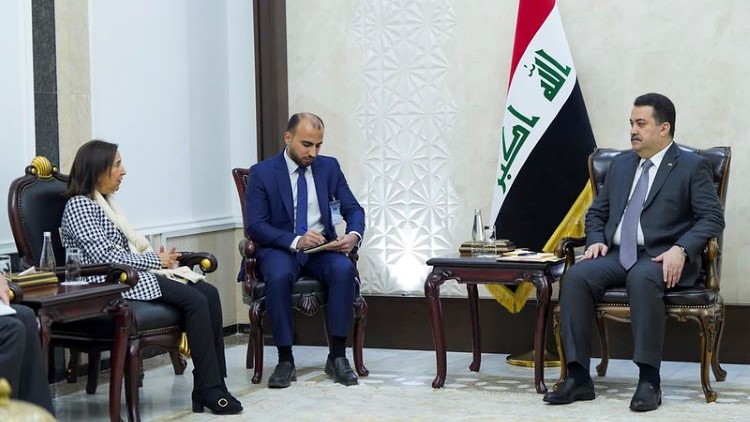The Diplomat
A delegation from the Venice Commission of the Council of Europe has been in Spain since yesterday to gather information from the Government, judicial institutions and associations and representatives of Congress and the Senate on the proposed Amnesty Law.
The members of the delegation are the secretary of the Commission, the jurist Pierre Garrone; the director of the Commission, the jurist Simona Granata-Menghini; the vice president of Italy, linked to the area of human rights (and Italian Minister of Justice during the Mario Draghi era, Marta Cartabia; the vice president of the Netherlands, Martin Kujier; the jurist and former Bulgarian prime minister Philip Dimitrov; and the jurists Regina Kiener (Switzerland), José Luis-Vargas Vadez (Mexican).
The delegation is in Spain at the request of the Senate, which has asked this advisory body of the Council of Europe to examine the Amnesty Law. The text is still up in the air, after Junts’ decision to distance itself from the Government in the second vote in Congress, and has returned to the Congressional Justice Commission, which must issue an opinion before February 21 on the new text which must be voted on in the plenary session of the Chamber.
The members of the Commission were received yesterday by the Minister of the Presidency, Justice and Relations with the Cortes, Félix Bolaños, who assured the delegation that the objective of the bill is to contribute to coexistence and that the text fully respects the Constitution, European law and international law. The minister showed his full willingness to maintain continued contact with the Commission and to resolve any issue that its members want to raise during the process of debate and processing of the text.
Subsequently, the delegation met with the representatives of the parties in the Justice Commission of Congress, which is the body in which the bill presented by the PSOE after its pact with the Catalan pro-independence is processed.
During the meeting, the PSOE spokesperson, Francisco Aranda, assured that the norm has been being debated in Congress for more than three months with all guarantees. For her part, the deputy spokesperson of the PP, Cayetana Álvarez de Toledo, told the delegation that what is at stake with the amnesty law “is not the coexistence of Catalans, but the validity of the rule of law”, and the Junts Justice spokesperson in Congress, Josep Maria Cervera, defended the need for a comprehensive amnesty that “does not exclude anyone.” In the afternoon the delegation traveled to the Senate, where it was received by the president of the Chamber, Pedro Rollán, of the PP, and met with the parliamentary groups.
Yesterday the delegation held interviews with the acting president of the General Council of the Judiciary (CGPJ), Vicente Guilarte; with the four associations of judges, with the Center for Constitutional Studies, with representatives of the parliamentary groups of the Congress and the Senate and with the presidents of the two Chambers. A meeting with the State Attorney General, Álvaro García Ortiz, is scheduled for today. The Venice Commission will announce its opinion at its plenary session on March 15 and 16, although it could bring forward that deadline. According to the PP, the Commission does not intend to assess the constitutionality of the text, but rather to analyze whether the separation of powers is guaranteed.







